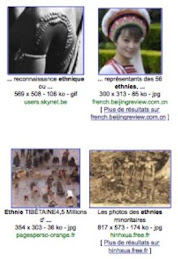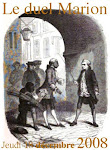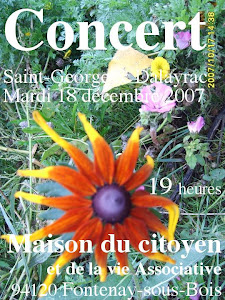
ESF Humanities Unit --- For wide dissemination:
Call for Applications
ESF-JSPS Frontier Science Conference for Young Researchers
Contact Zones of Empires in Asia and Europe: Complexity, Causality and Contingency
27 February - 4 March 2010
Venue: Centennial Hall, Kyushu University, Fukuoka, Japan
Closing date: 5 November 2009.
This conference seeks new approaches to common topics concerning social, cultural and political complexity on the fringes of empires in Europe and East Asia, namely, the Hellenistic and Roman, and successive Chinese empires. A special focus of the conference will be on interactions between empires and their peripheries, and on contact zones. The temporal coverage spans from the formative phase of the earliest empires in the concerned regions up to A.D.1000. The purpose of the conference is to seek new avenues for research collaboration in cutting-edge research, which is why early career researchers are particularly welcome. The conference will bring together archaeologists and anthropologists, philologists and linguists, art historians and historians, specialists of material culture and religion, experts on historical climate change and commercial exchange and many more. An underlying, unifying feature of presentations, discussions and follow-up will be the methodological challenges of interdisciplinary research in the humanities, which is moving towards a global research enterprise. The late 20th century had witnessed increased sophistication in theory and methodology when dealing with the emergence and development of civilisations and empires and their relations with surrounding communities. Whether in Europe or in East Asia, notably in Japan, the study of symbiotic relationships between empires and surrounding communities has been prominent. With the rich archaeological and written record to be examined, many important case studies have been produced. Data on various environmental factors has increasingly informed our understanding of the forces underlying trajectories of socio-cultural, economic and political development. This conference aims at synthesising these strands of research, aiming at a comprehensive reconstruction of the processes and causes of the emergence and development of social complexity and state-formation on the fringes of the empires, thereby setting the research agenda for collaborative research for the future. Topics will include: 1. Empires and their peripheries: interactions, interdependences and transformations; 2. Environment and food supply; 3. Ethnic identities, language, population movements and social mobility; 4. Networks of interaction, production and exchange; 5. Ritual, symbolism and cosmology; 6. Empires and their contested peripheries in long-term and global perspectives Full conference programme, including list of invited speakers, and application form accessible online. |









